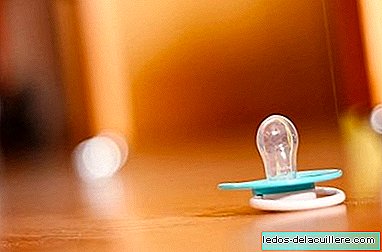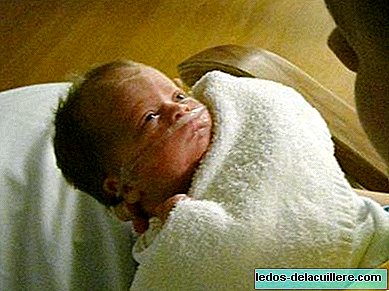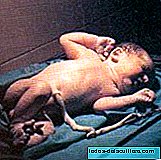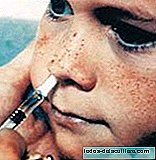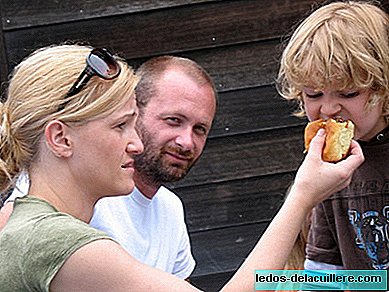
Bad eating habits and sedentary lifestyle are positioned as the keys to obesity and childhood overweight. If bad habits are acquired since childhood, they can be projected throughout life and affect health. Childhood is the decisive moment to consolidate good nutritional and physical exercise practices.
One of the most serious child health problems in industrialized societies is also increasing in Spain, even in children under six years of age. For that reason Eroski Consumer has wanted Check firsthand what are the eating habits and leisure habits of the little ones.
For this, 1500 surveys have been carried out in households in nine autonomous communities, where children between five and 12 years old lived. They have interviewed the person who makes purchases in the family (mostly women, and more than half were parents between 35 and 44 years old).
What was intended to know?
Respondents have been asked about routines, diet planning, number of meals per day, frequency of intake of each food group, and activities that children in free time (sport, use of consoles and video games, etc.). I personally thought it was very important that they also asked mothers and fathers for their opinion on childhood obesity, its causes and responsibilities.And I say this because sometimes I think that the pace of life so fast that we carry also entails a certain 'neglect' in parental functions, among which is (undoubtedly) providing nutrition oriented towards healthy growth. Every day we see children who eat industrial pastries (repeatedly) for snacks, others who are allowed to drink chocolates 30 minutes before meals, and even many who 'direct' the purchase of the week in the supermarket.
In 88% of the households surveyed, children make the five recommended daily meals
Among the conclusions that have been found is the fact that In 75% of respondents, parents believe that their children's diet is fairly balanced., and yet there are still some wrong customs regarding nutrition: little vegetables, too many meat products, lots of industrial pastries ...
Do we downplay the practice of physical exercise?

It has also been discovered that sport is no longer a pending subject among children; According to the survey, in 14% of homes children do not do any physical activity in their spare time (in addition to the two hours of gymnastics they practice at school). And it is very advisable that children accumulate at least 30 minutes of aerobic physical activity every day.
In these types of studies (and I suppose it will have been taken into account), I think it would be important for parents to be aware of all the possibilities of physical exercise that can occur. I say this because my children do not do sports in a 'regulated' way outside of school, but they spend the afternoon running, climbing, and trying to stay on bicycles and skateboards; besides that at least three days a week we walk with them on the mountain
Tendency to eat a lot of meat, less fish and few vegetables and legumes
Children between five and 12 years old they should eat fish and meat three to four times a week. However, 35% of respondents prepare fish only once or twice weekly, although meat consumption is adequate.
As a negative fact, the fact that in 27% of households surveyed include meat derivatives (sausages, sausages, hamburgers) every day, taking into account that the presence of these products is totally expendable. We could also eliminate precooked foods without suffering any deficit, but in case of taking them, it should be occasionally and without abuse.

It is advisable to eat vegetables (and fruit) every day, but only half of the respondents affirm to follow this recommendation to the letter. In contrast, households have increased caloric intake and more protein and fat have been included in the diet.
Taking into account that children from 5 to 12 years old grow up to 8 centimeters per year need a varied diet that allows them to develop their physical activity and be healthy
Baubles are expendable
They only provide empty calories, and also do not nourish at all ... as if that were not enough, they take away the appetite, 26% of surveyed households have been found in which the children of the house eat them two or three times a week, although the percentage of Parents who allow their daily intake is reduced (four percent).
It is important to take into account the figures, if only to guide or rethink the feeding of our children, because the problems of overweight and childhood obesity, are no longer the unique "heritage" of societies such as the American. Unfortunately, in Spain 45% of the preteen population has weight problems, 26% are overweight and 19% obese, figures that have not been reduced in the last 10 years.
Images | stevendamron, eileenmcmahon, marksdk on Flickr Source | Eroski Consumer Full Report On Peques and More | Decalogue for healthier infant feeding, Food, sedentary lifestyle and lack of sleep, decisive variables in the maintenance and increase of childhood obesity




